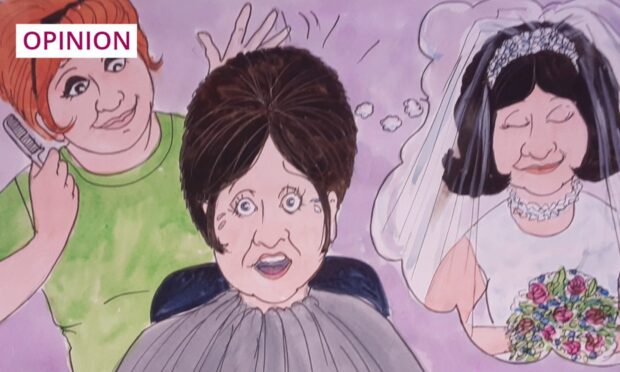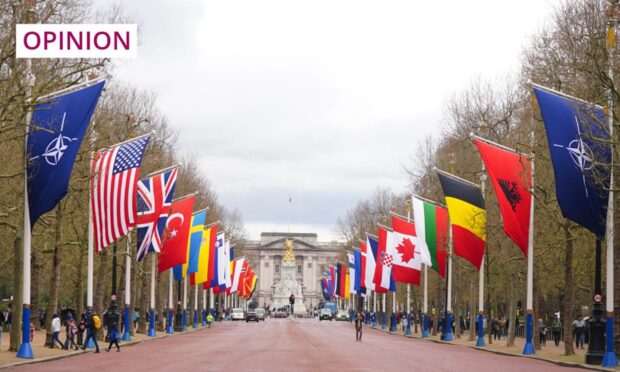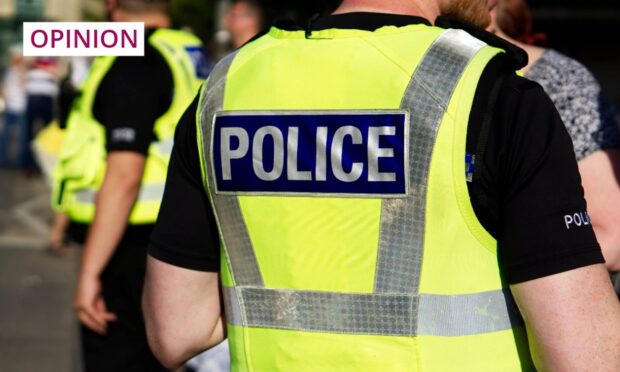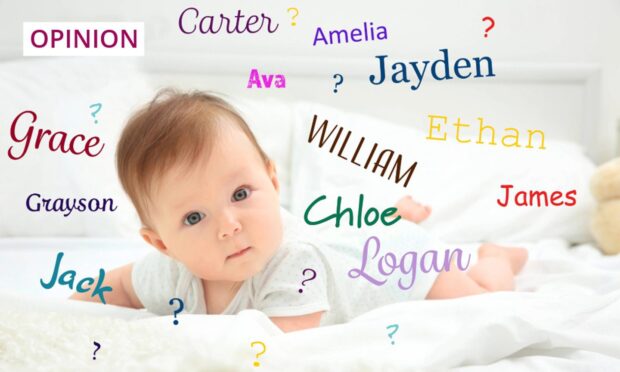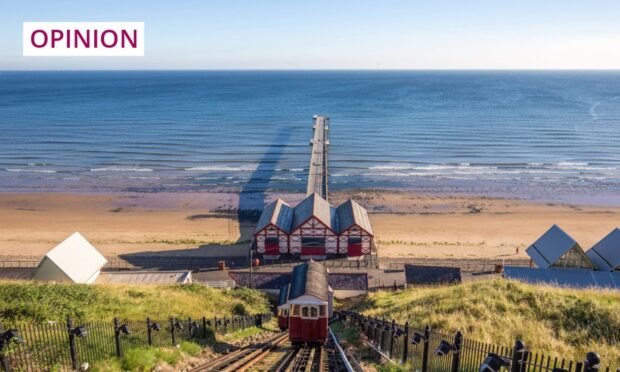Last week I was on the train to Glasgow, and sitting across the aisle from me were four friends.
They travelled together for over 90 minutes, and in that time not one of them spoke to another. They spent the whole time looking at their phones. In the same week I was in a restaurant, and at the next table was a family eating together. Again the conversation through the meal was minimal, the family ate in silence. I understand how this can be, some days by the time I get home and have cooked a meal, I am just too tired to talk. Instead we eat together watching TV.
Gradually, over a long period of time, without us really noticing, we are losing the art of conversation. We do not speak to people in a queue or on a bus, we know little about the neighbours on our street, and we do not have proper conversations with friends or family members. Instead we are busy doing other things, mostly through devices such as our phones and tablets. We are clearly very occupied, but maybe not with the things that are most important.
It really is time for us to turn off and tune into each other instead. If we do this we can build better relationships, combat loneliness, and support those with isolating health issues.
We are not all naturally good conversationalists. Most of us have to learn how to speak with others. When we pay attention to what others have to say we find that a good conversation is much more about listening than speaking.
Listening is a challenge for us. First of all we have to give someone else some of our time and attention. This might be the most important gift that we can give. Then we have to listen carefully to what is being said. We also have to listen to what is not being said, those things that are simply hinted out. Sometimes people can be saying that everything is fine, when one look at their face or body language will tell us that this is far from the case.
In my experience, the most difficult things are often those that emerge towards the end of a conversation. Just when there is little time left to speak, a friend might begin to share something of great significance. We might wonder why they did not mention this earlier. One reason is that it takes time in relationships, and especially in conversations, to really trust another person with important information. Our friend might first test us with stories that are not so important, and then make a judgement that if we have listened well so far, maybe it is the time to tell us something very important indeed.
There may not be a certain link between the decrease in the amount of time we spend in conversation and the increase in loneliness and mental health issues, but we really are not helping ourselves.
If we continue like this some of us will be just fine getting through our days without having a proper conversation. It will not affect us all that much. But this is not just about us, it is about others.
We know that some people, particularly the elderly, can go days without hearing another human voice speak to them. And many, many people can only make sense of what is happening to them if that can talk about it. All of us face challenges in life which are a surprise, things that we have never gone through before. As a result we can experience feelings that can overwhelm us. It can seem like we are alone, that no one else could understand this, but this is simply not true.
At the start of this week was ‘Blue Monday’, considered to be the most depressing day in the year. So this is a good week to be turning off our phones and TVs, and taking time to speak with others. There is a very strong possibility that we could help someone by making time for a conversation this week.
In two weeks’ time, Thursday 6 February, we will come to ‘Time to Talk Day’. On this day we will be encouraged to give some time to have a conversation with someone who is struggling with a mental health issue. We have a little advance notice, so that we can decide to give someone else the gift of our time and attention. They might be helped, and if we listen carefully we might possibly learn something about what it means to live with poor mental health.
So for many reasons, it really is time to talk.
The Rt Rev Anne Dyer is Episcopalian Bishop of Aberdeen and Orkney and Scotland’s first female bishop






